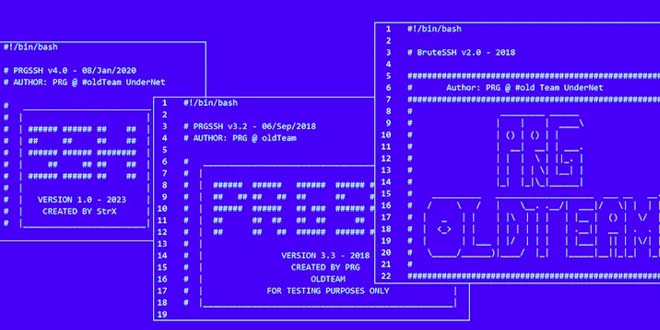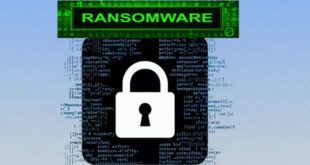AhnLab’s Security Emergency Response Center (ASEC) studies attacks on poorly secured Linux SSH servers and shares the findings on the ASEC Blog.
Attackers need to find out the IP address and SSH account details before installing malware like DDoS bot and CoinMiner. They scan for servers with the SSH service (port 22) activated to carry out brute force or dictionary attacks to get the login information.
By F2
/ Tuesday , June 24 2025
The U.S. House of Representatives has banned congressional staff from using WhatsApp on government devices due to security concerns, as...
Read More
By F2
/ Tuesday , June 24 2025
Kaspersky found a new mobile malware dubbed SparkKitty in Google Play and Apple App Store apps, targeting Android and iOS....
Read More
By F2
/ Tuesday , June 24 2025
OWASP has released its AI Testing Guide, a framework to help organizations find and fix vulnerabilities specific to AI systems....
Read More
By F2
/ Tuesday , June 24 2025
In a major milestone for the country’s digital infrastructure, Axentec PLC has officially launched Axentec Cloud, Bangladesh’s first Tier-4 cloud...
Read More
By infosecbulletin
/ Monday , June 23 2025
A hacking group reportedly linked to Russian government has been discovered using a new phishing method that bypasses two-factor authentication...
Read More
By infosecbulletin
/ Wednesday , June 18 2025
Russian cybersecurity experts discovered the first local data theft attacks using a modified version of legitimate near field communication (NFC)...
Read More
By infosecbulletin
/ Tuesday , June 17 2025
Cybersecurity researcher Jeremiah Fowler discovered an unsecured database with 170,360 records belonging to a real estate company. It contained personal...
Read More
By infosecbulletin
/ Tuesday , June 17 2025
GreyNoise found attempts to exploit CVE-2023-28771, a vulnerability in Zyxel's IKE affecting UDP port 500. The attack centers around CVE-2023-28771,...
Read More
By infosecbulletin
/ Tuesday , June 17 2025
The U.S. Cybersecurity and Infrastructure Security Agency (CISA) has recently included two high-risk vulnerabilities in its Known Exploited Vulnerabilities (KEV)...
Read More
By infosecbulletin
/ Monday , June 16 2025
SafetyDetectives’ Cybersecurity Team discovered a public post on a clear web forum in which a threat actor claimed to have...
Read More
ALSO READ:
Barracuda fixes new ESG zero-day exploited by hackers
Threat actors gain more cryptocurrency by controlling more CoinMiners. They also have the ability to launch stronger DDoS attacks by controlling more DDoS bots. However, in order to increase the number of CoinMiners and DDoS bots, they need to gather more information or account credentials from their targets.
In addition to DDoS bots and CoinMiners, attackers can also install malware to perform scanning and brute force or dictionary attacks on infected systems, allowing them to take advantage of more vulnerable systems. Attackers can also just install scanners and sell the breached IP and account credentials on the dark web.
Poorly managed SSH servers can become targets for various types of malware, including SSH scanner, DDoS bots, and CoinMiners. This post analyzes cases of attacks involving these malware.
 InfoSecBulletin Cybersecurity for mankind
InfoSecBulletin Cybersecurity for mankind














